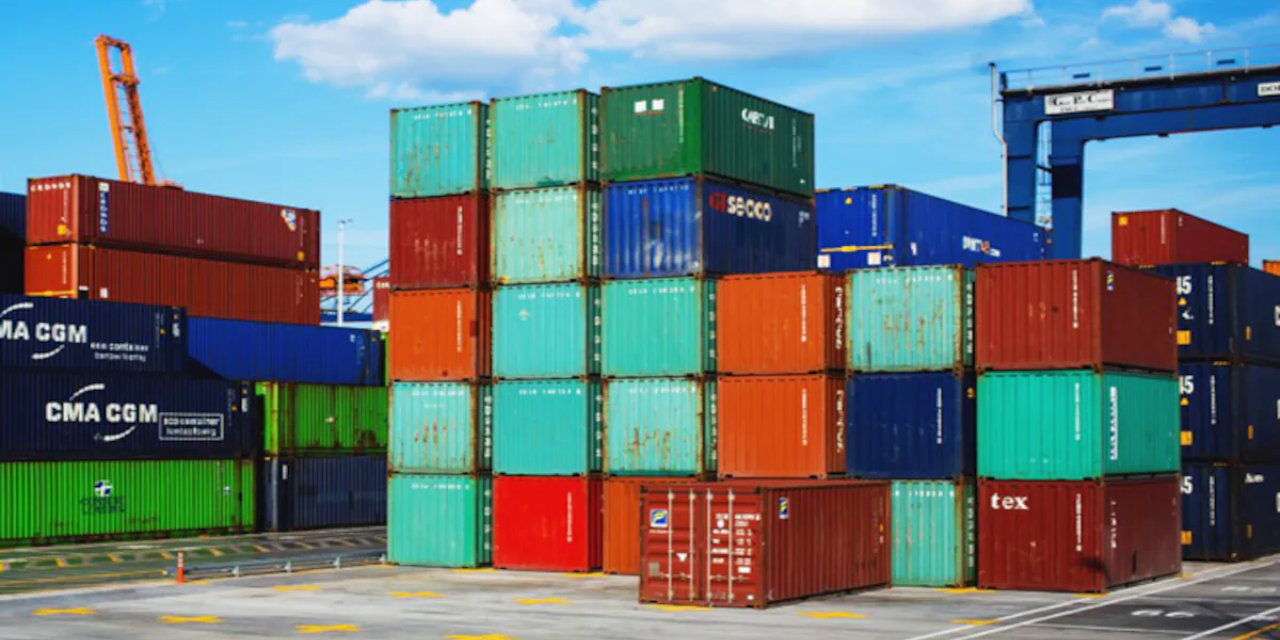The country’s exports are being impacted by external headwinds. For the third consecutive month, exports of goods have decreased; the official statistics for April shows a decrease of 12.7%. The decline reflects worldwide recessionary patterns and general sluggish demand, particularly in the important developed-world economies. Although exporters are reportedly confident that growth will pick up in a few months, the situation does not appear promising for the upcoming few months.
Major clothing export hubs like Noida and Tiruppur have already been impacted by the slowdown’s knock-on consequences. Unsettlingly, exporters in both centres have reportedly planned to stop operations for 10 to 15 days per month. The cause is a roughly 50% decrease in orders from the previous year. The good news is that no jobs have been cut thus far, but this could change if the garment industry’s condition worsens.
Major clothing export hubs like Noida and Tiruppur have already been impacted by the slowdown’s knock-on consequences. Unsettlingly, exporters in both centres have reportedly planned to stop operations for 10 to 15 days per month. The cause is a roughly 50% decrease in orders from the previous year. The good news is that no jobs have been cut thus far, but this could change if the garment industry’s condition worsens.
The decline had started in when exports dropped by 16.7% in October 2022–2023. Exports have fallen for three straight months, and this has now become a trend. With a decline observed in the first month of April, the picture for the current fiscal year, 2023–24, is consequently not encouraging. The hardest-hit industries include gems and jewellery, which have seen a decline of around 30% from the previous year. Exports of textiles and engineering goods have also been impacted, particularly to Singapore, the United States, and the United Arab Emirates. On the other hand, pharmaceutical products and electronic goods have continued to register strong increase. In reality, the demand for smartphones, which is on the rise, has caused the price of electronic items to increase by as much as 26%. the general trend of shrinkage in other areas, have been defying it.
The setback on the export front can be attributed to a wide range of factors. The effects of the war in Ukraine are still being felt across much of the world, including wealthy economies. While the South is experiencing food shortages, global supply chains have already partially recovered. However, energy concerns remain a problem in the industrialised West. Because of the sanctions put in place by the western alliance, the war has largely disrupted the supply of oil and gas from Russia to Europe. At the same time, the delivery of food grains from Russia and Ukraine has also been delayed because it is impossible to make shipments while the conflict is ongoing. going on.
Many countries still have inflationary pressures, despite the fact that they are no longer as high as they were a few months ago. The central banks of other European nations, as well as the United Kingdom, have taken similar moves in response to the aggressive rate hikes by the U.S. Federal Reserve. However, the possibility of a recession still looms large over the United States, particularly in light of some forecasts calling for a complete downturn by the end of the year. Exporters have few options for combating the general decline in demand. However, the government can participate by making use of this opportunity to bargain and sign free trade agreements with significant trading partners. Since 2013, an important one involving the European Union had been on hold, but it has recently been resurrected with a firm intent to conclude the FTA as soon as possible. Several rounds of talks have been held since last year but some sticking points include high import duties on alcoholic spirits and wines as well as on automobiles. Another issue on the agenda now is the EU’s decision to impose a carbon tax on some types of metals.

